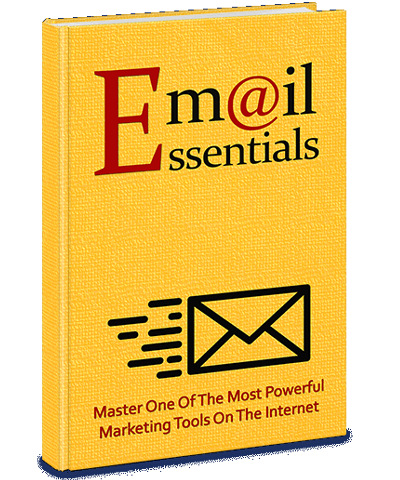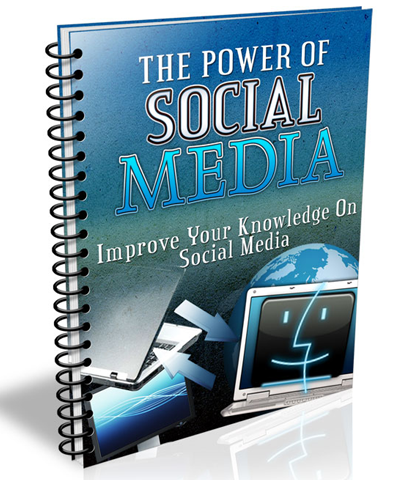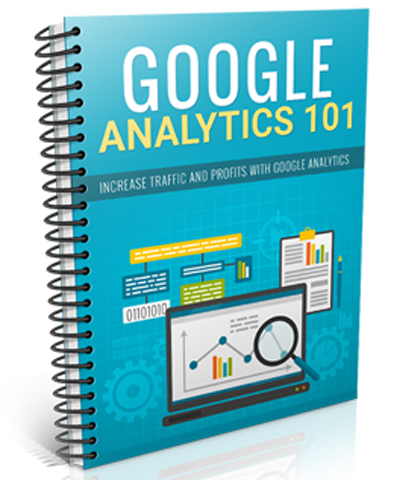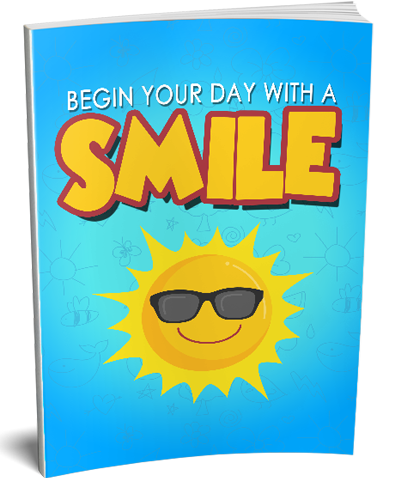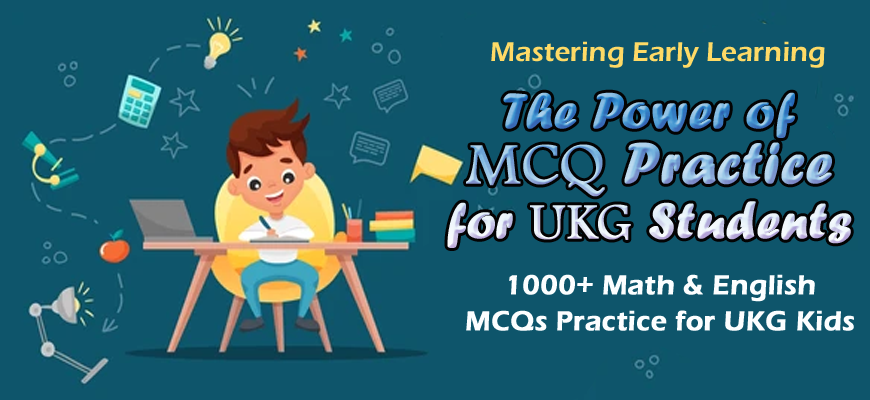Practicing multiple-choice questions (MCQs) can be beneficial for UKG kids for several reasons:
Engagement: MCQs provide a structured and interactive way for children to engage with educational content. The format is often more appealing to kids compared to traditional written exercises, making learning more enjoyable.
Assessment: MCQs allow teachers and parents to assess a child's understanding of various concepts in Math and English. By analyzing a child's responses, educators can identify areas where the child may need additional support or clarification.
Retention: Answering MCQs requires children to recall information and apply their knowledge. This active engagement can help improve retention and reinforce learning.
Critical Thinking: While MCQs typically have one correct answer, they can still encourage critical thinking skills. Children may need to analyze the options provided, eliminate incorrect choices, and make informed decisions to select the right answer.
Self-Paced Learning: MCQs can be used for self-paced learning, allowing children to practice and review concepts at their own pace. This flexibility accommodates different learning styles and ensures that each child can progress at a comfortable rate.
Preparation for Assessments: Many standardized tests and assessments, even at early educational stages, use MCQ formats. By familiarizing children with MCQs from a young age, they can develop the skills needed to navigate such assessments confidently in the future.
Feedback: MCQs provide immediate feedback, allowing children to quickly see if their answers are correct or incorrect. This immediate feedback helps reinforce correct understanding and provides opportunities for learning from mistakes.
Overall, incorporating MCQ practice into the learning process for UKG kids can contribute to their academic development and prepare them for future educational challenges.


 English
English










